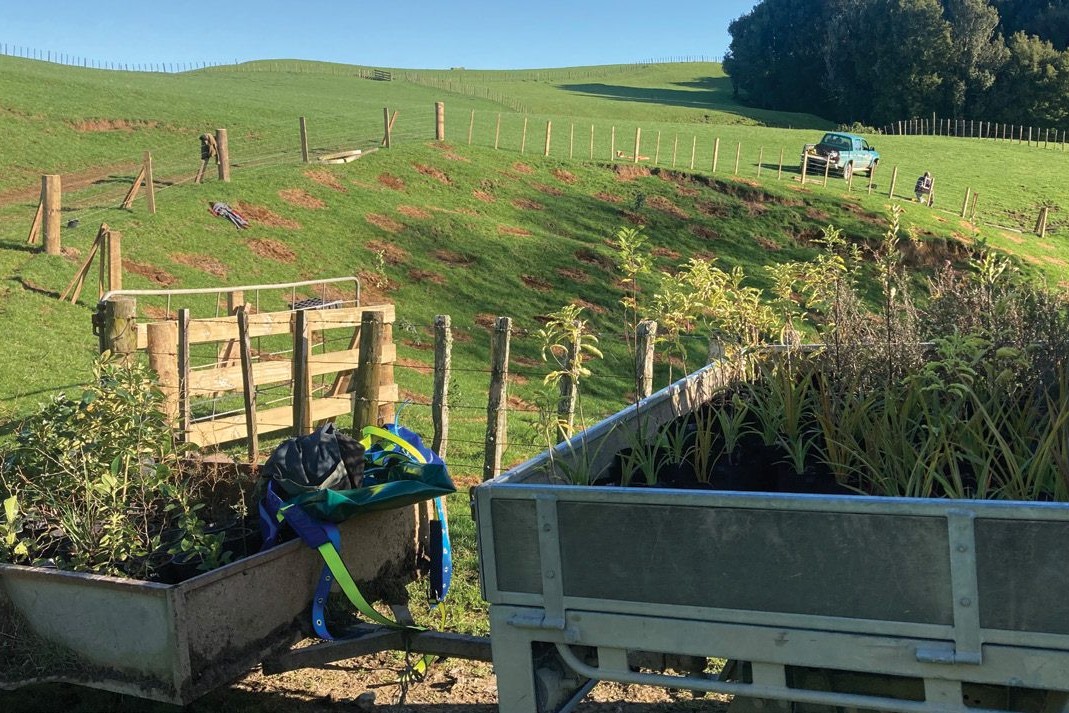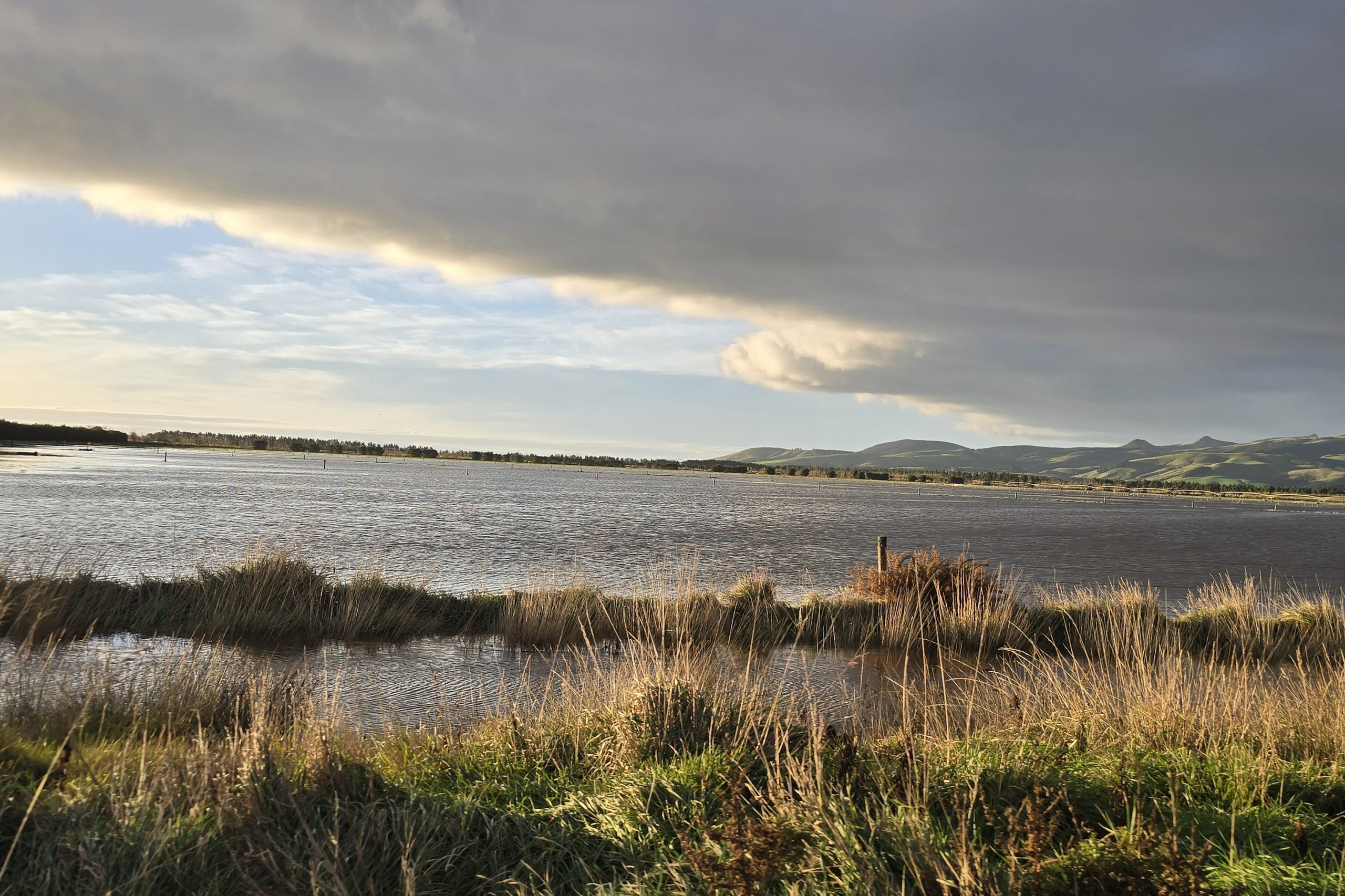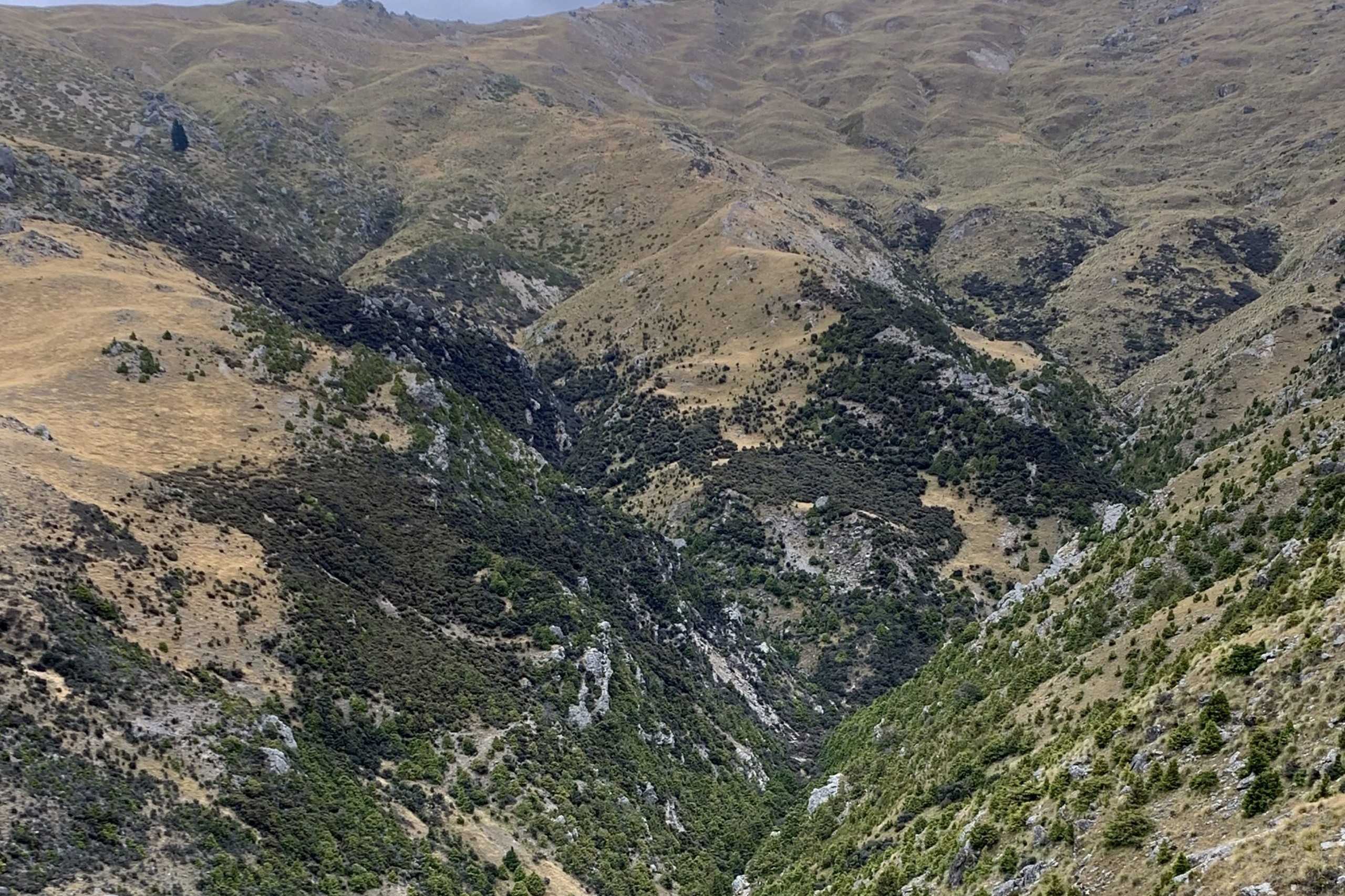Keeping it simple
King Country farmer Dani Darke has been preparing for summer.

King Country farmer Dani Darke has been preparing for summer.
KIA ORA KAU TAU. I WRITE THIS during Te Wiki o Te Reo Maori, Maori language week. Our kiddies are coming home from school with a whole new range of te reo words and phrases. This week they are incentivised with golden tickets to say not just words, but to string sentences together as they go about their days.
When I brush my girls’ hair ready for school, I say ‘huri huri’ instead of turn around. I have been asking them how to say “hurry up” in Maori as this tends to be the most commonly used phrase in our household at that time of day.
To me, it’s fun and adds colour to our day to use words that are unique and special to us as New Zealanders. Just as when we drove around Ireland and Wales and saw the town names in Gaelic or Welsh as well as in English.
There was some local consternation when a nearby village was renamed from Benneydale to Maniaiti/Benneydale, and even calls of racism. I thought this reaction was rubbish – to me, using Maori language only adds to the understanding we have of our local stories and our history.
Back to what’s happening on the farm. Spring is here, my favourite time of the year. The spring weather has been typical: no idea what’s happening from one minute to the next.
We are constantly thinking about how we can be more drought prepared, more profitable, more sustainable and so on. In our business “simple” is our friend. A simple farming system, with as few variables as possible, some key things to focus on, and doing them as best as we can. In the past we’ve ditched a whole bunch of enterprises and cropping regimes that just filled our weeks up with noise. Some farmers thrive under this and make it work really well, but that’s not our strength.
This spring we are going to have a go at getting back into summer cropping, with the longer-term plan of creating a block, which will always be in either chicory or a young, high-performing grass, to carry winter lambs and give us additional quality summer feed.
The complexity of cropping hasn’t worked for us in the past, so our focus is on how to streamline this as much as possible and to work in with our “simple is best” mantra. This will mean one variety of chicory, one variety of grass to go in afterwards, one spray date, etc. Also, we will bring in expert advice, which we rely on to make sure we are doing the right things at the right time.
I am looking forward to trying something new. Personally, I think change is great, even for change’s sake – so much is learned through the process of doing something different. Some ideas are fails and some are winners, and sometimes an idea needs to be tried, refined, tried again, refined again, until we find the winning formula for our farm, and our strengths.
A lovely fellow called Maurice Shappelle saw an article I wrote in the Waikato Times about blanket planting of pine trees and contacted me to offer some free native plants. It turns out he had grown and given away over 14,000 natives – all grown from his wee council flat in Hamilton. Maurice became a firm friend, and visited us several times a year to drop off plants, lollies for the kids, and check out the plantings we had done. He loved to hang out with our girls, who reminded him of his daughter who had died in an accident when she was young. Maurice sadly died in January at 86-years-old of a heart attack while loading plants into his car. The photo above is an area that is now called Maurice’s Corner, planted with the last of his plants. We will put a bench seat there to look at the view and a sign to remember Maurice.





